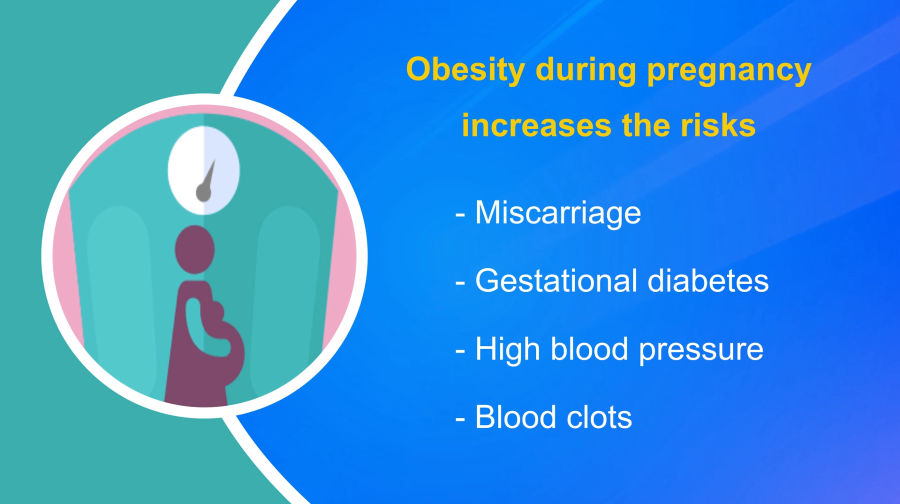 Bleeding during childbirth is normal, but excessive bleeding can pose serious risks to both mother and baby. The Mother and Child Hospital in Thimphu alone sees four to five cases of heavy bleeding each month. Experts warn that obesity in expectant mothers can increase the risk of heavy bleeding during delivery, along with several other complications.
Bleeding during childbirth is normal, but excessive bleeding can pose serious risks to both mother and baby. The Mother and Child Hospital in Thimphu alone sees four to five cases of heavy bleeding each month. Experts warn that obesity in expectant mothers can increase the risk of heavy bleeding during delivery, along with several other complications.
Reports from the World Health Organisation show that severe bleeding and hypertensive disorders are the leading causes of maternal deaths worldwide.
In Bhutan, the Health Ministry has reported a few cases of maternal death due to bleeding during and after childbirth in the last five years.
One of the risk factors for heavy bleeding is obesity.
According to a doctor from the mother and child hospital, an expectant mother should not gain additional weight of more than 10 kilogrammes during pregnancy.
“We are also seeing a growing number of women with obesity. In addition, we continue to face the traditional complication of anaemia during pregnancy, for which affected women are being supplemented with iron tablets,” said Dr Phurb Dorji, the sub-specialist of fetal and medicine with Gyaltsuen Jetsun Pema Wangchuck Mother and Child Hospital.
Obesity also increases the risk of other pregnancy-related complications, including miscarriage, gestational diabetes, high blood pressure, hypertensive disorders, and blood clots.
He recommends consistently visiting to hospital for checkups during and after pregnancy to decrease such risk during childbirth.
“We implement a risk reduction strategy. During complicated cases, we plan the delivery ahead. This includes bringing consultants together to discuss and prepare for the delivery. In some situations, it may involve a caesarean section or a closely monitored delivery, with all necessary preparations in place, such as ensuring an adequate blood supply and having ICU and other support services on standby.”
He suggests maintaining a healthy and balanced diet and exercising regularly.
Singye Dema
Edited by Sangay Chezom










